Hockey captain Streit prepares for championship
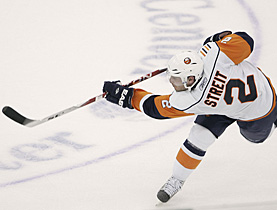
The 2009 Ice Hockey World Championship begins in Bern on Friday evening with hosts Switzerland taking on France.
Host captain Mark Streit, the first Swiss non-goalie to play in North America’s National Hockey League (NHL), tells swissinfo about life in the United States, responsibility and targets.
It’s one of those success stories that the Americans love so much: the hero who came from virtually nothing to play a central role as a defender in the NHL.
The hero in this case is Mark Streit, 31, the second-best paid Swiss athlete behind Roger Federer.
The story began in Bern at the beginning of the 1990s, just round the corner from the ice rink which will be the main stage for the world championship over the next fortnight.
“I grew up in this area – about a kilometre from the Allmend rink [now the PostFinance Arena]. I spent loads of my free time on the open-air rink next to the stadium. It’s therefore very emotional for me to be able to play in a world championship on the same spot 20 years later,” he said.
The young Streit lived only for ice hockey. “In 1990 – when Bern last hosted the world championship – I was only 12 but I managed to watch several matches. I was fascinated!”
Even then his dream to play on the other side of the Atlantic was taking shape. His idols were the NHL players on his bedroom wall. He would regularly wake up at two in the morning to watch NHL matches on television with his father – especially those featuring his hero Chris Chelios, whose top he would proudly wear when playing with mates in Allmend.
Streit had talent and didn’t waste any time breaking into the Swiss elite. He made his debut in the Swiss national league, for Fribourg-Gottéron, when he was 18.
He then spent three seasons at Davos where his qualities as an attack-minded defender opened the doors to the Swiss national team.
Loneliness
But despite a comfortable status and burgeoning success, Streit never lost sight of his long-standing goal: the NHL.
In 1999 he decided to make the leap and spent a year discovering the reality of life in the minor American leagues.
From the Tiger Sharks in Tallahassee to the Falcons in Springfield via the Grizzlies in Utah, he learnt to live with the breakneck pace of matches played every two or three days, long and tiring journeys and above all the merciless competition between the hundreds of young players all wanting a shot at the NHL.
He also discovered loneliness. “There are better things in life than celebrating your birthday in a hotel room with only a pizza for company,” he told a Bern newspaper recently.
“It was very difficult but also very exciting. When I compare my situation now to what it was back in 1998, when I took part in my first world championship, I can only be proud of what I’ve achieved.”
Key element
For a lot has happened since his first taste of North American ice hockey. In 2005 he was drafted by Montreal, who offered him a “one-way” contract, guaranteeing that he wouldn’t be sent back at a moment’s notice to the minor leagues.
In three years he succeeded in becoming one of the key elements of the team.
He won the Jacques Beauchamp trophy twice, which is awarded “to the player who plays a decisive role in the team’s success without gaining any particular honour”.
This season Streit has been the most impressive player for the New York Islanders, with 16 goals and 40 assists. Often playing more than 25 minutes a match, he was the seventh most prolific NHL defender.
That was not enough however to qualify for the play-offs, the league finals, which are currently underway.
Responsibility
A stroke of luck for the Swiss team, who can now count on their best player for their matches.
And an enormous responsibility for Streit, promoted to captain. “I’ve been captain before, so I’m used to shouldering this role of leader. What’s more, in New York I was also brought in to take responsibility in the locker-room. I learnt a lot from experienced players and I’m going to try to ensure that the Swiss team benefits from that.”
If Streit needs a bit of time to adjust – “the European rinks are bigger, the forwards have more space and the game is less physical” – he shouldn’t have any problem fitting in to a system that he knows by heart.
“It’s up to me to adapt to the team and not vice versa. By establishing Switzerland among the top eight teams in the world, [coach] Ralph Krueger has proved that his view is the right one.”
And his target for this world championship? “We’ve learnt from experience that it’s never a good thing to set too precise targets. We want to go as far as possible, obviously. But anyone who demands we qualify for the semifinals hasn’t been watching ice hockey for several years.”
swissinfo, based on an article in French by Samuel Jaberg
Organisers expect around 250,000 visitors to Bern for the hockey championship. The 2008 European football championship drew over one million fans to the Swiss capital.
A free opening event will be held in front of the parliament building, with a showing of Switzerland’s game against Germany.
Hotel rooms in Bern stand at 90 per cent occupancy for the tournament and are fully booked for the finals.
Preliminary round
The tournament’s 16 teams are split into four groups of four. Each team plays three matches in round robin play. The top three from each group move to the qualifying round.
Qualifying round
The remaining twelve teams are divided into two groups of six. Each team has to play three games within their group.
Quarterfinal
The top four teams from each group make it to the quarterfinal. The bottom two teams from each group are eliminated.
Semifinal
The top four teams from the quarterfinal move to the semifinal.
Bronze medal game
The two losers of the semi-final games face off.
Final
The winners of the semifinal round play the tournament’s final match.

In compliance with the JTI standards
More: SWI swissinfo.ch certified by the Journalism Trust Initiative
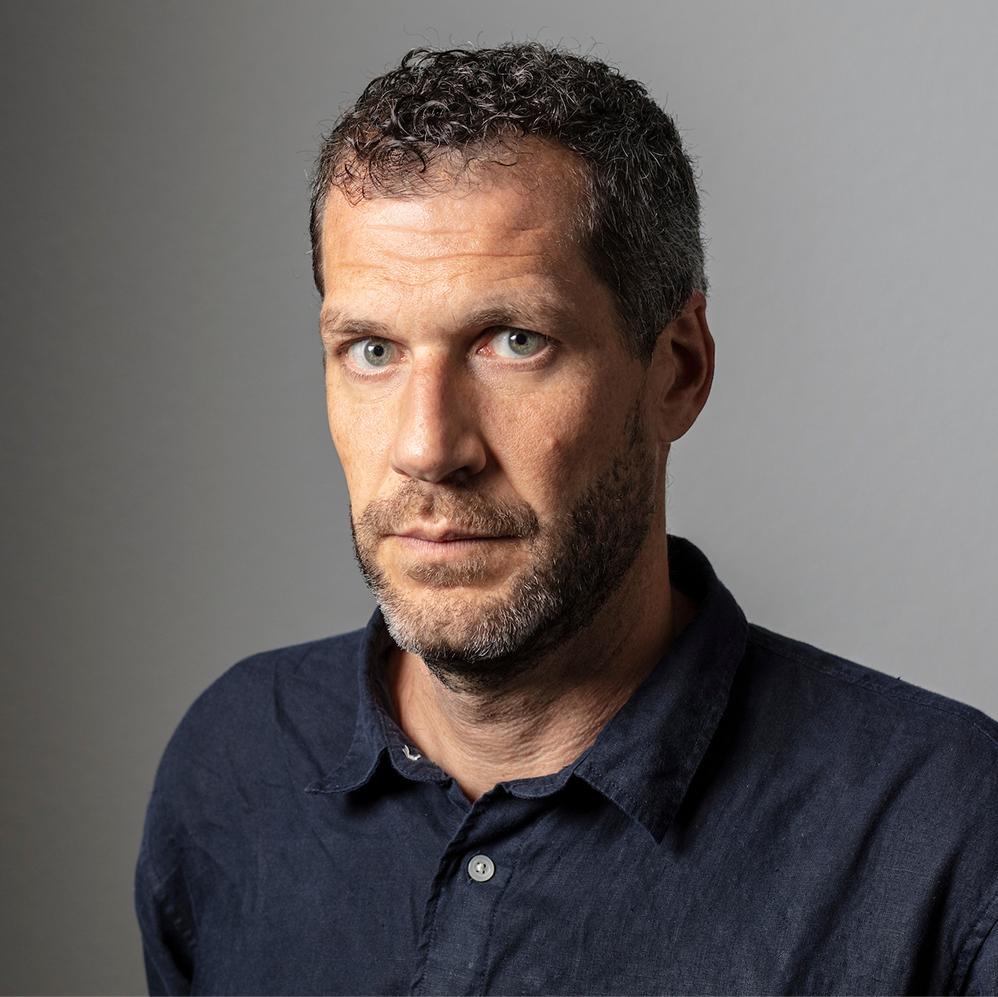
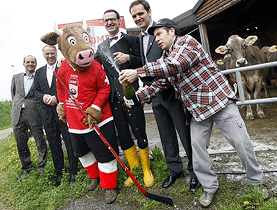
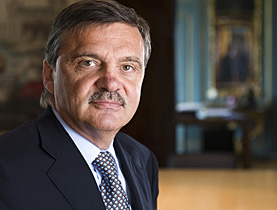
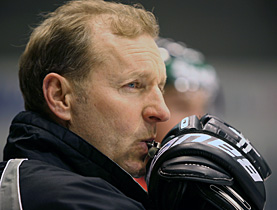
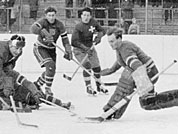
You can find an overview of ongoing debates with our journalists here. Please join us!
If you want to start a conversation about a topic raised in this article or want to report factual errors, email us at english@swissinfo.ch.